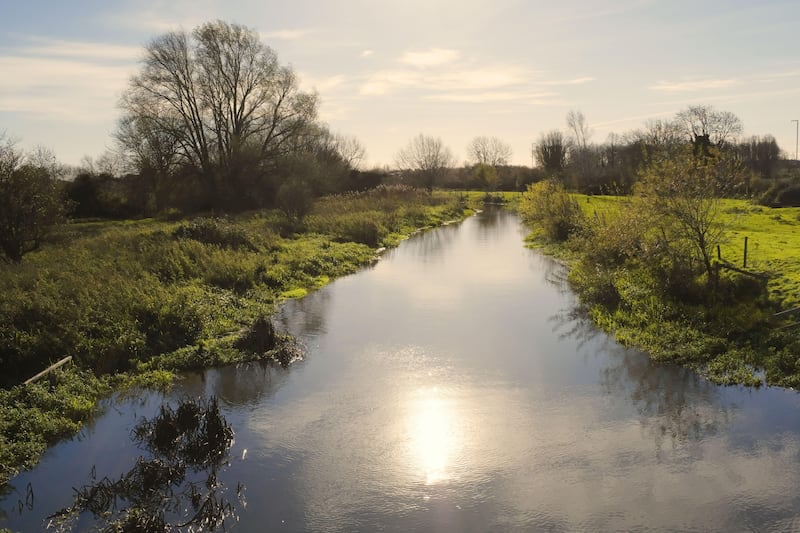Up to £11 million in water company fines is to be reinvested into schemes that improve waterways and wetlands under a fund launched by the Government.
The Water Restoration Fund has opened for applications and will offer grants to local groups and charities, farmers and landowners to improve rivers, lakes, streams, wetlands and access to nature in England in areas where illegal pollution has occurred.
It is being funded by fines and penalties levied on water companies for environmental breaches, such as dumping sewage from treatment plants, which have been ringfenced for improving the water environment since April 2022.
It is the latest move by the Government to crack down on water company pollution in the face of growing public anger over the state of England’s rivers and coastal waters.
Water companies have been hit with substantial fines over illegal pollution, while recent figures showed sewage was spilled into rivers and the sea for 3.6 million hours in 2023 through permitted overflow drains and none of England’s stretches of rivers are in good health.
Initiatives that could gain grants – which will be handed out under a competitive process – could include creating wetlands, boosting wildlife and river habitat, and improving public access to blue and green spaces.
The £11 million in fines and penalties collected for breaching environmental rules will be allocated for schemes in the water company areas in which they were accrued, the Environment Department (Defra) said.
These are as follows: Anglian Water, £3,085,000; South West Water, £2,150,000; Thames Water, £3,334,000; United Utilities, £800,000; and Yorkshire Water, £1,600,750.
The fines are in addition to any reparations to restore the natural environment that water companies make when they are found to have broken the rules.
Environment Secretary Steve Barclay said: “I know how important our precious waterways are to local communities and to nature, which is why we’re taking tough action to ensure our regulators are well-equipped to hold those who pollute them to account.
“Through the Water Restoration Fund, I will be making sure that money from fines and penalties – taken from water company profits only – is channelled directly back into our waterways.
“Community-led projects are vital to improving and maintaining water quality across the country, and this fund will help build on that success.”
Marian Spain, chief executive of Government nature agency Natural England, welcomed the creation of the fund.
She said: “The fund is great opportunity for landowners, communities and nature bodies to help make a real difference to the condition of our Sites of Special Scientific Interest and to restore natural processes in catchments to provide the nature and health benefits that society needs from water.”
Applicants have eight weeks to apply for the grant funding and awards are expected to be issued from late July.
Other measures the Government has taken include plans to ban bonuses for water company executives where firms have committed serious criminal breaches, and boosting the Environment Agency’s capacity to carry out more inspections.
In response to the announcement, campaign group We Own It, which wants to see public ownership of services including water, said it did nothing to end a situation where privatised operators could profit from pollution.
Cat Hobbs, the director of We Own It, said; “It’s a crazy way to run a water system – letting shareholders from around the world make money by failing to invest and then punishing them with fines so meagre they are simply seen as the cost of doing business.
“What happens to this meagre amount of money is almost irrelevant. This new policy shows that the Government is wilfully failing to grasp the scale of the challenge of cleaning up our rivers and seas, and the options available.
“Only a steady return of water companies to public hands, with local communities represented on boards, will give English people the powers we need to protect our rivers and seas.”









